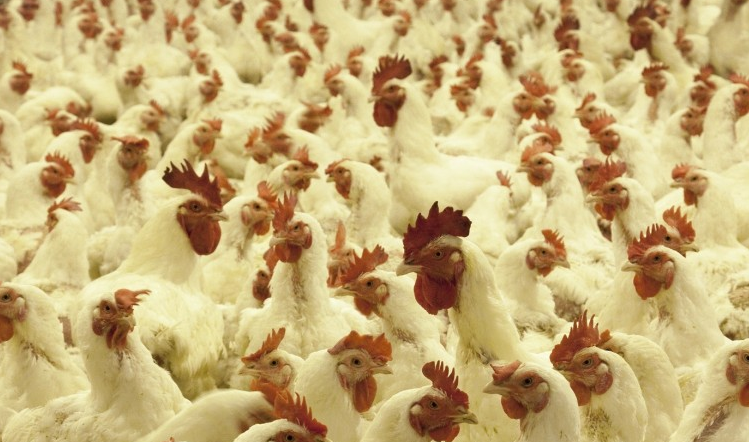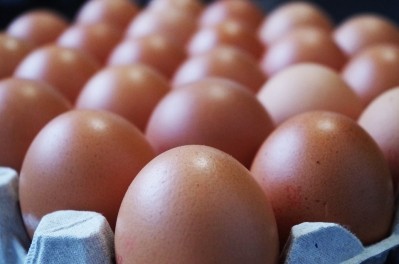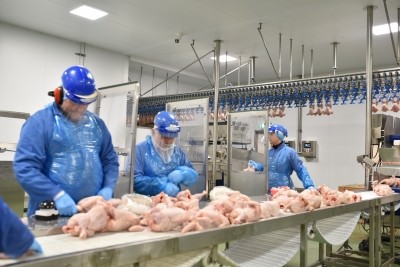Poultry producers hit by bird flu outbreaks

All birds on both sites – a small commercial premises near Deal, Kent and a site near Frodsham in Cheshire – will be humanely culled to limit the spread of disease. Control zones are being put in place around the infected sites to limit the risk of spread. The Department for Environment Food and Rural Affairs has confirmed the risk level of avian influenza incursion in wild birds in Great Britain has been raised from ‘medium’ to ‘high’.
Further testing is underway at the latest site to determine if the H5N8 strain in Cheshire is highly pathogenic and potentially related to the virus currently circulating Europe.
‘Immediate action taken’
Richard Griffiths, chief executive at the BPC said: “Immediate action has been taken to limit the risk of spread, including plans to cull the remaining poultry and captive birds at the farm. Bird keepers must remain vigilant and report any signs of the disease, whilst ensuring that good biosecurity is practiced onsite.
“We are working with DEFRA [the Department for Environment, Food and Rural Affairs] and are remaining vigilant on poultry sites to minimise the risk to the national flock. We will closely follow this and provide an update over the coming days.”
Public Health England declared the risk to public health from the two outbreaks was very low, while the Food Standards Agency stressed that bird flu posed a minimal food safety risk to UK consumers.
Winter avian flu threat
Last year, the UK government issued a warning to poultry producers in the wake of the threat from winter avian flu. Chief veterinary advisers from across the UK encouraged poultry keepers to take action to reduce the risk of infection.
It also warned of the risk of infection from migratory birds, a message further enforced by research from the Roslin Institute in August this year. The research indicated that highly pathogenic bird flu viruses – which are likely to cause deadly disease in chickens – could be transmitted from wild migrating bird populations to domestic flocks and back again.
Speaking at a BPC conference last month, UK chief veterinary officer Christine Middlemiss encouraged poultry keepers to report cases of avian flu as soon as possible in order to better protect livestock.
“Bird flu is constantly out there in the world … just because it is far away, doesn’t mean it isn’t there,” Middlemiss added.















